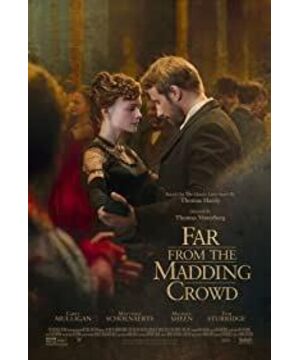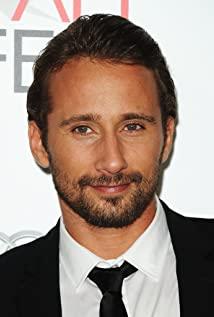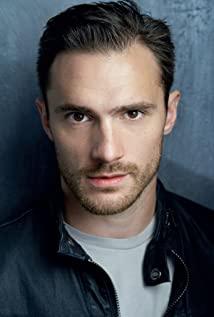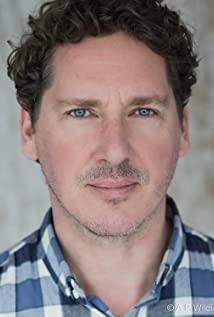This film is an adaptation of a famous novel, telling the story of the growth of the heroine Bathsheba and her love story with three men.
In Jane Austen's time, the only way for a woman to survive was to marry, and only married people had food, so Austen racked his brains to find wealthy husbands for poor girls without dowries. And half a century later, Hardy's work began to write more feminist things.
The heroine Bathsheba is a wealthy female farmer. At first Bathsheba didn't inherit her uncle's farm, and when she was very poor, she was very smart. The first man, who was richer than her at the time, proposed to her. She refused, what she meant was that when she married the first man and became the mistress of the man's family, she was only managing the property for the first man, and the wife herself was another property of the husband. She doesn't want to be someone else's property and wants her own.
Later, after the heroine inherited her uncle's dilapidated farm, she took care of it carefully and was good at employing people, and quickly turned the dilapidated farm into the largest and most prosperous farm in the area. On the other hand, the first man was in despair and worked on her farm, tending sheep for her.
The second male is a wealthy farmer next door to the female lead, and he deeply loves the female lead.
The most brainless choice for the heroine is to marry the third male (little white-faced officer). However, this is the limitation of women in that era, although there are a lot of noble men playing with maids and the fact that poor women are thrown away (for example, in the original book, the third man seduced a maid, and in order to marry a wealthy heroine, he abandoned it A pregnant maid, the maid is impoverished + difficult to give birth, one corpse and two lives), but there is no option for the rich woman to throw it away after playing with her little white face.
The rich woman was attracted by male sex, and she had to get married after sleeping with the little white-faced male third, which led to the fact that the third male lost almost all of the female lead's family wealth after marriage, and owed a lot of debt.
In the end, Hardy's arrangement is that the affectionate second male kills the third male, and the female lead goes around in circles and gets married to the first male?
Times are progressing, and modern women who have children should know that love and marriage are two different things. Enjoy love, don't get married.
The most interesting part of Hardy's novels is the idyll. The pastoral in his writings is different from the pastoral in Austin's writings. Austin's pastoral is a bunch of ladies wearing gorgeous clothes drinking afternoon tea in the garden. What they do every day is to think hard. I want to marry a rich gentleman.
From "Tess of the d'Urbervilles" and "Far from the Crowd", Hardy's pastoral fields are endless wheat fields, flocks of cattle, sheep, chickens and geese, and the heroines, rich and poor, are all working. Bathsheba was a female farmer, and she also had to settle accounts, ride horses to watch the farmhands thresh grain, dig potatoes, and wash sheep. Tess was destitute and had to milk the cows, cut the corn, and dig the potatoes herself. . .
If you think about it, it's pretty fun too. ?
View more about Far from the Madding Crowd reviews











